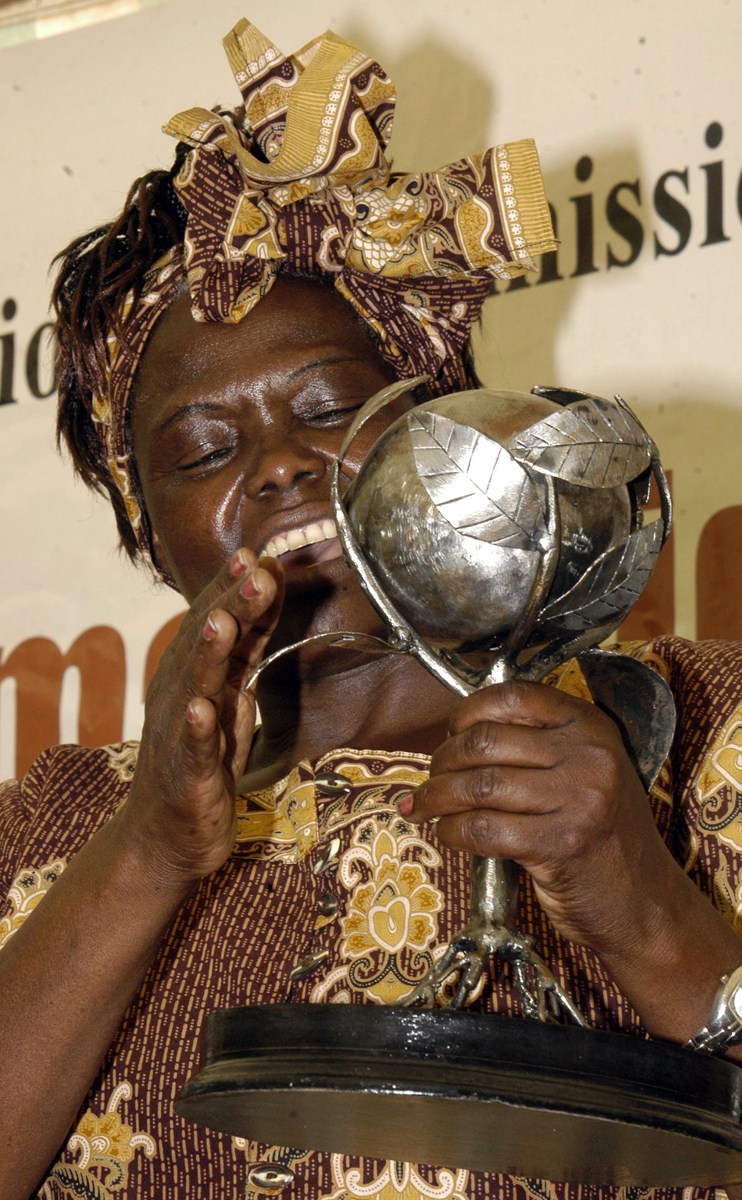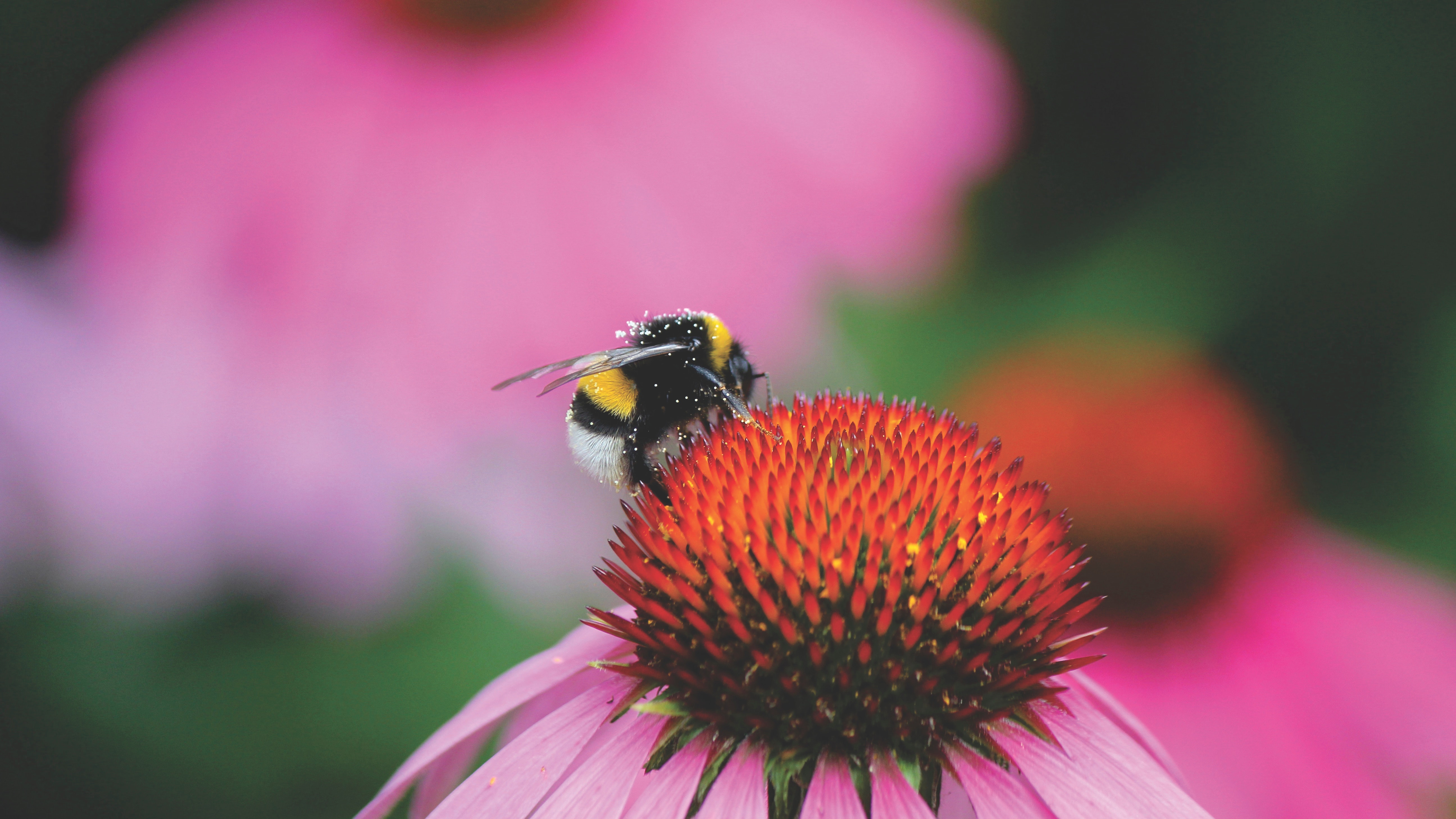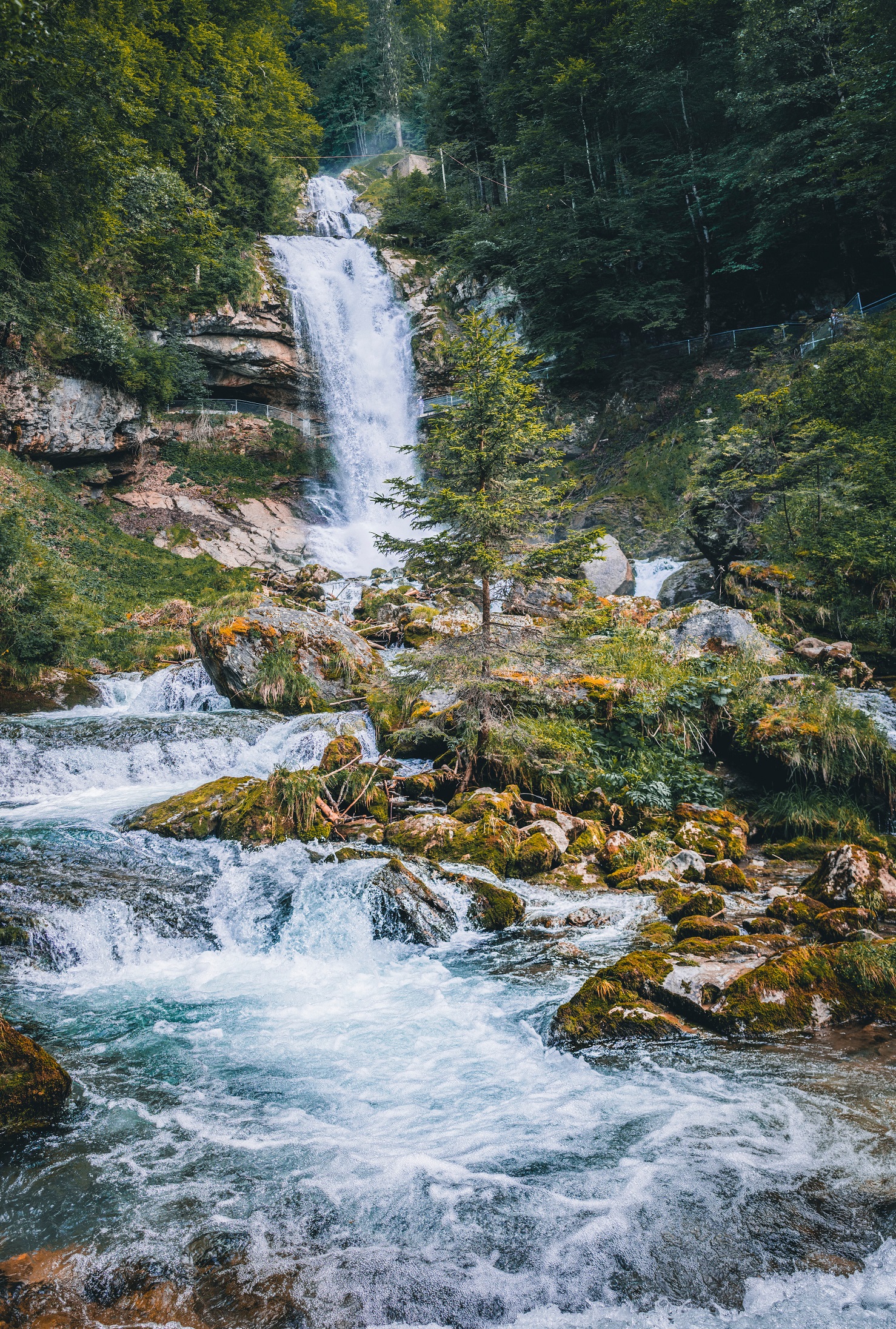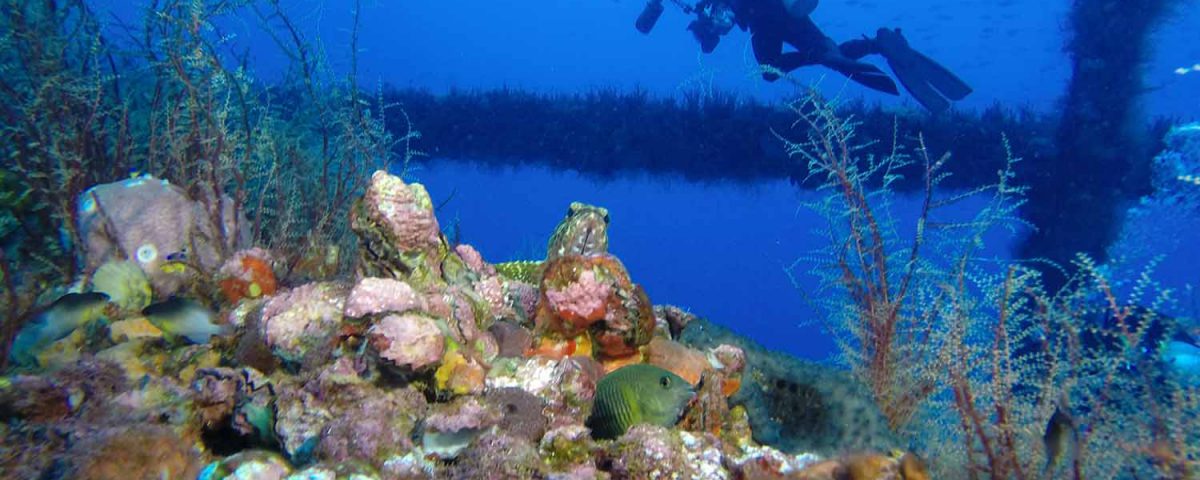
Important Women in Ecology
March 21, 2019
Planning Your Garden? Consider the Bees
April 30, 2019by Liz Clift
Last week we posted a list of 13 women who have helped shape our understanding of the natural world, our place in it, and how we can learn from, restore, and better protect it. That list (as well as this one!) was far from complete—but as we approach the end of Women’s History Month, we want to cap it off by highlighting seven additional women who are important figures in ecology, restoration, conservation, and related fields.
Emily Callahan and Amber Jackson co-founded Blue Latitudes, an organization dedicated to transforming decommissioned oil rigs into productive reef habitats, which is especially important in a world where reefs continue to struggle.
Gretchen Daily, Ph.D. helped establish the concept of “natural capital,” which views the goods and services that our environment provides as akin to our notion of traditional economic, or “man-made,” capital—in other words, natural capital can become more or less productive over time as a result of human activity, and should be taken into consideration when assessing a system. This concept and related ones, such as ecosystem services, are fundamental to the field of ecology.
Phyllis Faber, co-founded the United States’ first agricultural land trust in Marin County, California—preventing large tracts of land from being sold to developers. The Marin Agricultural Land Trust aims to permanently protect more than 100,000 acres of family farms and ranches by 2040.
Lois Gibbs’ activism led to the foundation of the Environmental Protection Agency’s (EPA) Comprehensive Environmental Response, Compensation, and Liability Act (CERCLA), which is used to locate and clean up toxic waste, or “Superfund” sites across the country.
Jane Goodall’s primatology work has transformed our understanding of chimpanzees and redefined our concept of the relationship between humans and animals. The Jane Goodall Institute promotes a holistic approach to conservation that revolves around local communities. Goodall holds a Ph.D. in ethology and her research was focused on the behaviors of “free-living chimpanzees.”


